MOLECULAR, CELLULAR, DEVELOPMENTAL, AND COMPUTATIONAL BIOLOGY
Virginia Tech Life Science Seminars
- Interdepartmental Program: Genetics, Bioinformatics, and Computational Biology (GBCB)
- Interdepartmental Program: Molecular and Cellular Biology (MCB)
- Interdepartmental Program: Translational Plant Science (TPS)
Faculty Members and Research

Daniel Capelluto
Professor of Biological Sciences
Biochemistry and structural biology of protein-protein and protein-lipid interactions; protein domains engaged in Wnt signaling, protein domains that control blood clotting, multimodular proteins that control inflammation processes, lipid-binding proteins that mediate entry of oomycetes in plant cells
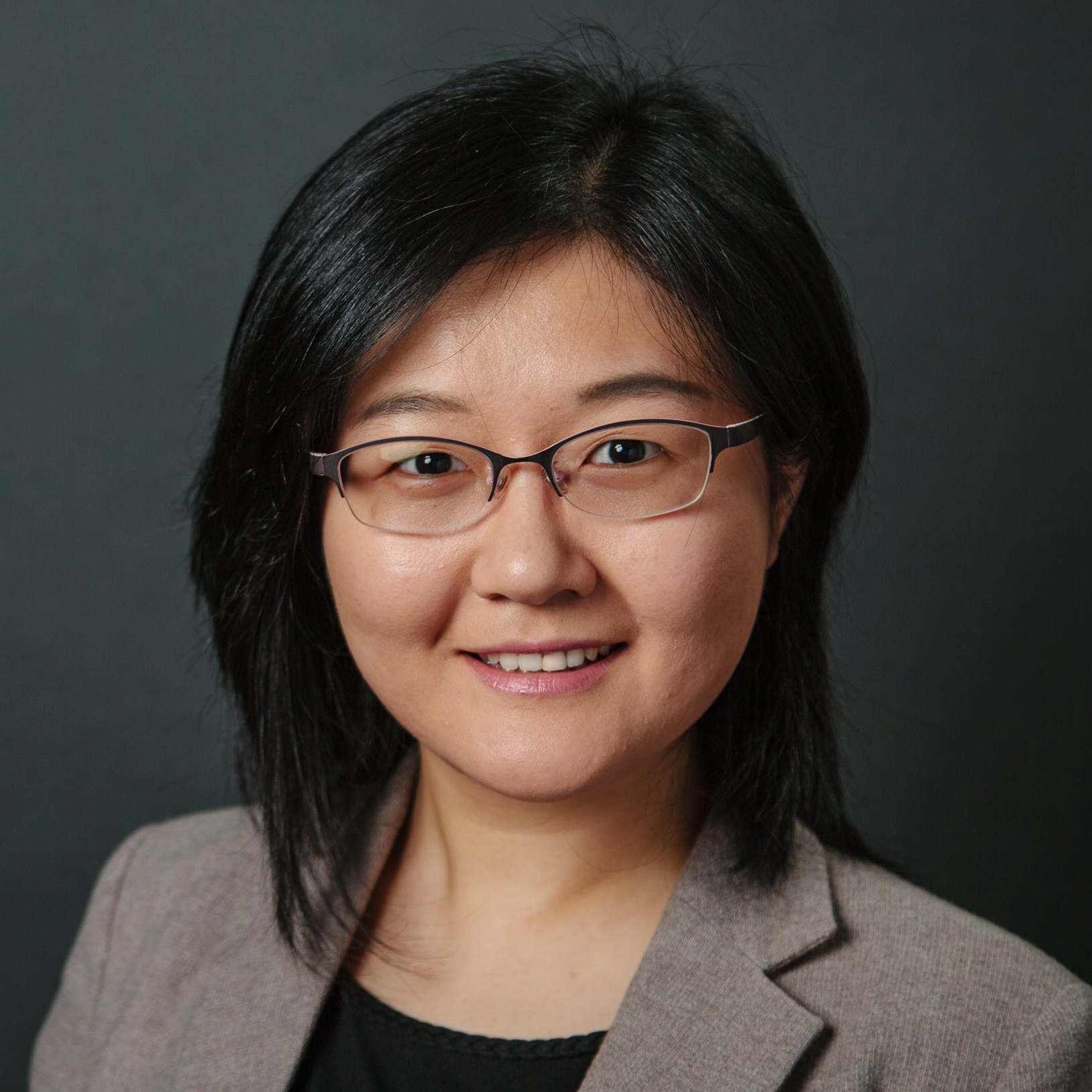
Jing Chen
Associate Professor of Biological Sciences
We build mathematical models to study cell biology, especially how spatial, temporal and mechanical regulations couple with biochemical signals to control cellular functions. We typically work in close collaboration with experimental groups. Current research projects in the lab include: Circadian gene expression, bacterial motility, and pattern formation in bacterial colony
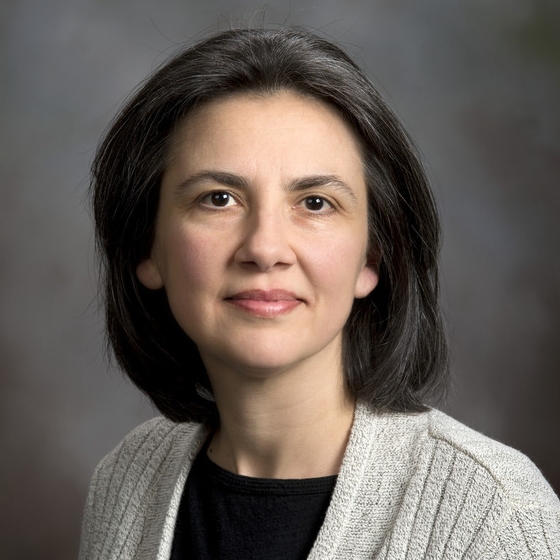
Daniela Cimini
Professor and Department Head, Biological Sciences
The role of mechanics and dynamics of mitotic apparatus components in ensuring accurate chromosome segregation during cell division; causes and consequences of aneuploidy (abnormal chromosome numbers) in normal and cancer cells.
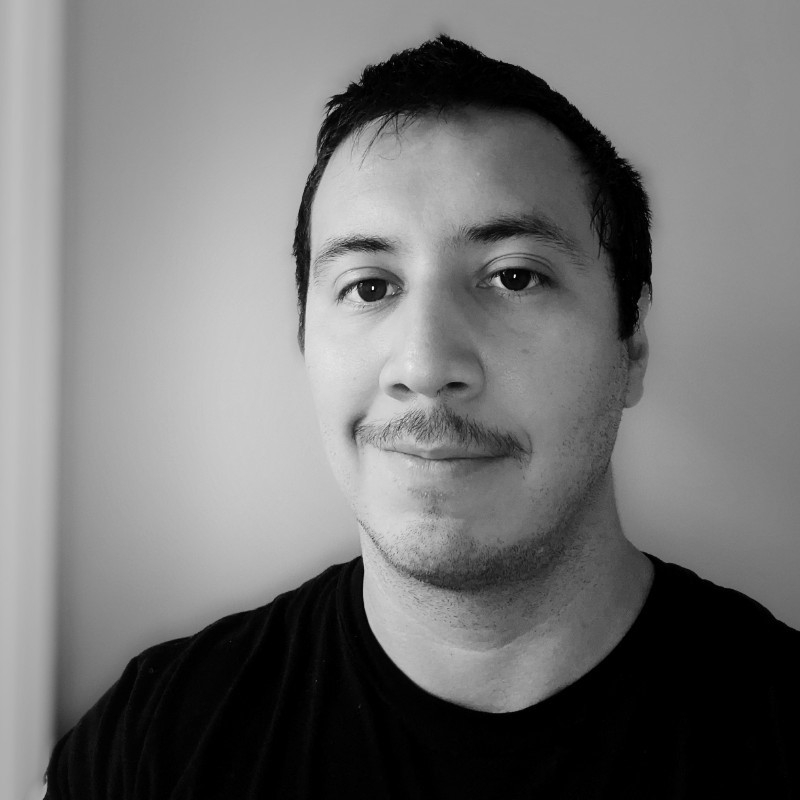
Daniel Cortes
Assistant Professor of Biological Sciences
Our research focuses on cell division machinery. We're interested in the coordination between spindle-driven chromosome segregation and contractile ring-driven membrane ingression during division.
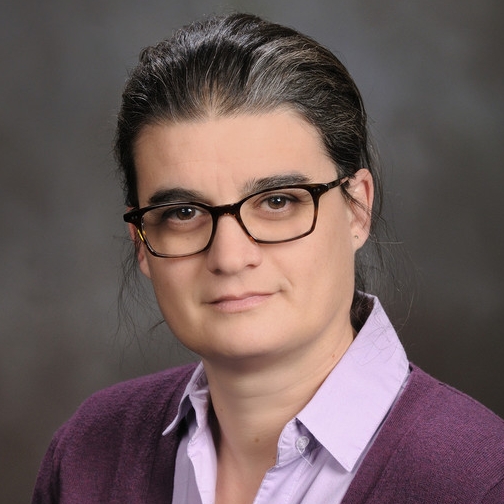
Carla Finkielstein
Professor of Biological Sciences and Director, Virginia Tech Molecular Diagnostics Lab, Fralin Biomedical Research Institute
Cell, molecular, and structural biology, regulation of cell division process, molecular basis for breast cancer incidence; circadian control of cell proliferation, tumor resistance to radiation therapies, regulation of gene expression by circadian proteins, control of metastatic processes
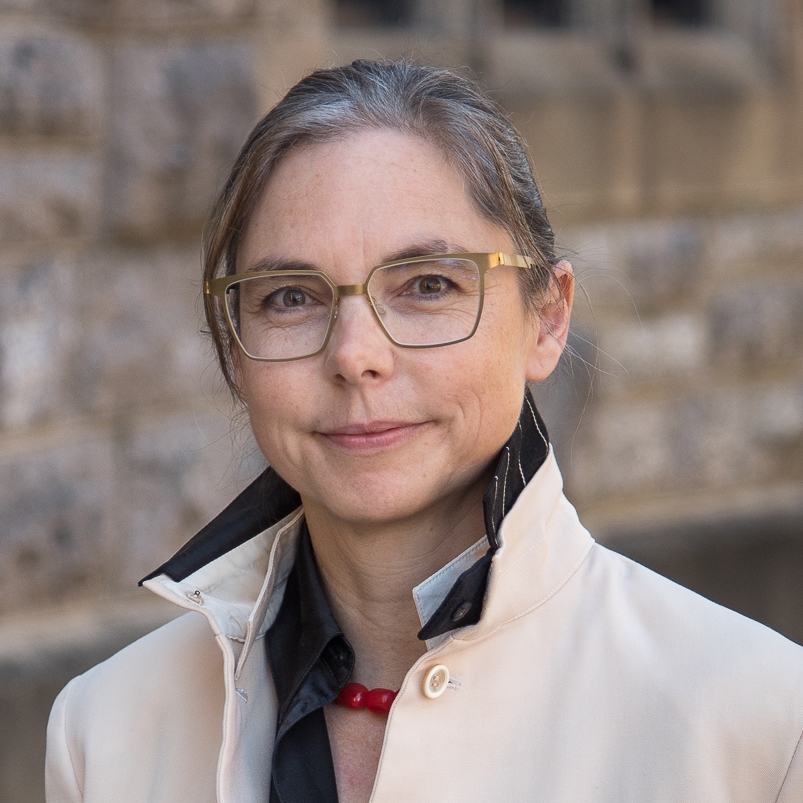
Silke Hauf
Professor of Biological Sciences
We investigate how cells grow and divide - highly dynamic processes that require intricate regulation. We use live cell imaging, molecular genetics, biochemistry, and computational modeling to understand the underlying regulation.
Bryan Hsu
Assistant Professor of Biological Sciences
I am broadly interested in using an inter-disciplinary approach (microbiology, synthetic biology, and biomaterials) towards understanding and remodeling the gut microbiota. I am especially focused on discovering new phages and genetically engineering them for anti-bacterial and anti-virulence applications.
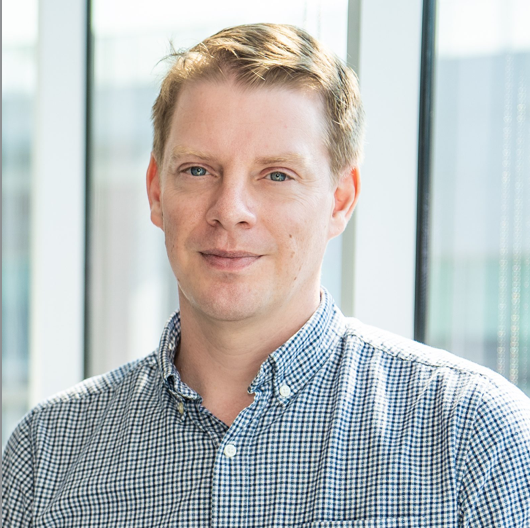
Scott Johnstone
Assistant Professor of Biological Sciences (Fralin Biomedical Research Institute)
The Johnstone Lab focuses on understanding how healthy blood vessels are altered in disease and defining effective pathways to therapeutically target vascular disease. Cardiovascular disease affects over a third of Americans, causing approximately 2,200 deaths per day. In the U.S., 50 percent of cardiovascular disease patients are less than 60 years old, resulting in a need to effectively treat patients for many years to maintain vascular health.
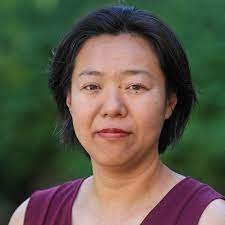
Shihoko Kojima
Associate Professor of Biological Sciences
Circadian rhythmicity is a fundamental aspect of temporal organization in essentially every cell in the body, and modulates much of physiology, biochemistry, and behavior. In order to maintain daily cycles, cell-autonomous circadian oscillators drive rhythmic expression of approximately 5-10% of mRNAs to ultimately drive a wide range of rhythmic biological processes. We are interested in understanding 1) how the circadian clock regulates the rhythms of thousands of mRNAs and proteins to regulate rhythmic physiology and behavior. We use the mouse as an animal model system and integrate diverse approaches - genetics, genomics, bioinformatics, neuroscience, and molecular/cellular biology - to answer these questions.
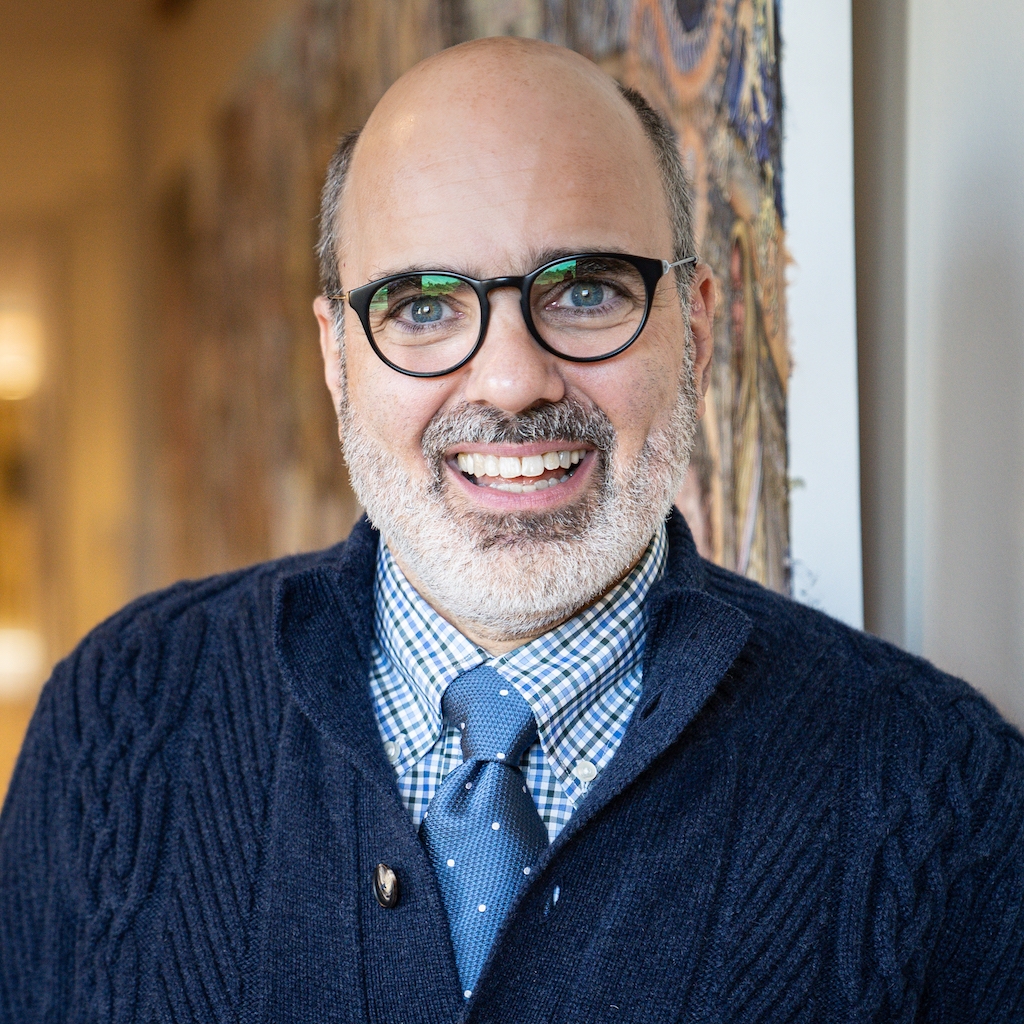
Anthony-Samuel LaMantia
Professor, Fralin Biomedical Research Institute at VTC; Professor, Department of Biological Sciences, College of Science; Laboratory Head, Laboratory of Developmental Disorders and Genetics, Fralin Biomedical Research Institute at VTC; Professor, Department of Pediatrics, School of Medicine
The work in Dr. LaMantia's laboratory focuses on the developmental mechanisms that build neural circuits for distinct behaviors. The laboratory addresses these issues via genetic, molecular and cell biological analyses as well as assessments of neural circuit function and related behaviors. One essential aspect Dr. LaMantia's work integrates genetic and cellular mechanisms underlying neural development with those for cardiovascular and craniofacial development—the coordinated construction of brains, hearts, and faces. Dr. LaMantia's goal is to use insights into basic development and genetics to address the causes and help develop new diagnostic and therapeutic approaches for the broad range of developmental disorders that compromise the brain as well as other organ systems. These disorders result in a lifetime of health challenges for the affected infants and children, as well as for their families and caregivers.
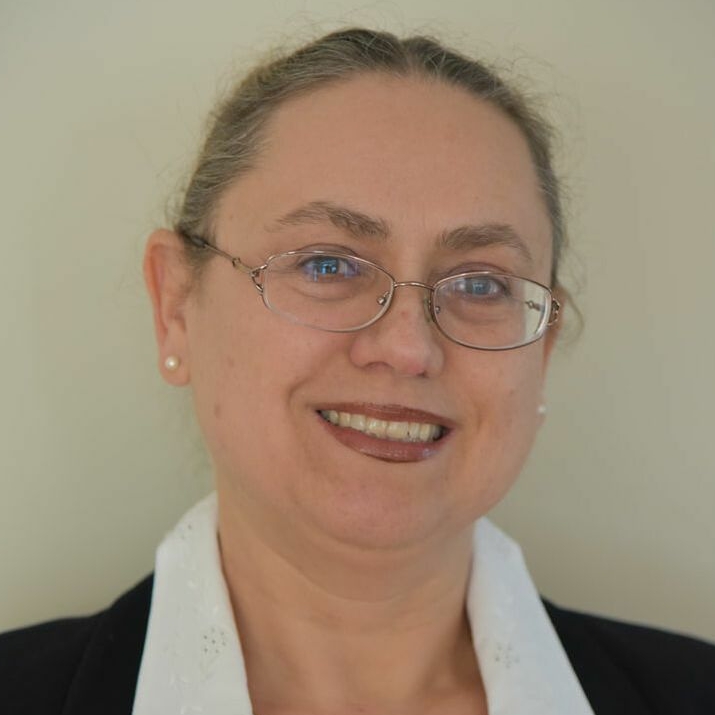
Iulia Lazar
Professor of Biological Sciences
Cancer is a disease of the cell cycle that results in uncontrolled proliferation of cells. In our laboratory, we explore the molecular mechanisms of breast cancer cell cycle regulation by using holistic, mass spectrometry-based systems biology approaches. We develop proteomic technologies for investigating the pathways that enable cancer cells to bypass tightly regulated molecular checkpoints, proliferate in an unrestrained manner, metastasize and hijack normal biological function. Further, we capitalize on the power of our proteomic data to identify novel therapeutic drug-targets, and to develop microfluidic architectures for targeted detection of biomarkers indicative of disease.
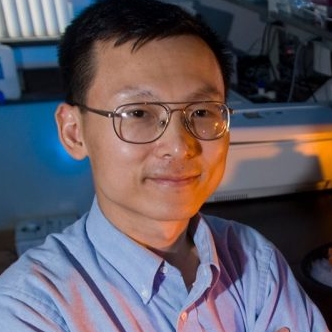
Liwu Li
Professor of Biological Sciences
Molecular pathways controlling innate immunity and inflammation; dynamic programming of innate immune leukocytes; pathogenesis of acute chronic inflammatory diseases such as sepsis and atherosclerosis

Roberto Márquez
Assistant Professor of Biological Sciences
Our research focuses on understanding the molecular underpinnings of phenotypic evolution, especially with regard to complex traits. Our main research program takes an organism-centered approach to investigate the evolution of aposematic coloration and extreme toxicity in poison frogs, especially the genus Phyllobates. Integrative approaches are essential for a rigorous understanding of biological phenomena. Our research draws from a variety of computational and experimental perspectives across the biological sciences, including genomics, population genetics, systematics, developmental biology, molecular physiology, high-throughput biological imaging, and genome editing. Therefore, an important portion of our research program is focused on developing tools and resources to establish poison frogs as a model system in integrative biology.
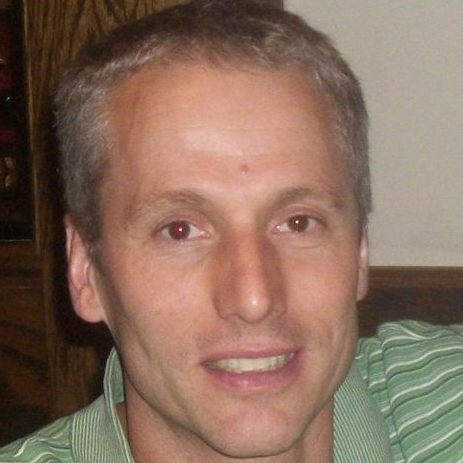
Florian Schubot
Associate Professor of Biological Sciences
Structural and biophysical basis for virulence mechanisms in bacterial pathogens; regulation of the type III secretion system and biofilm formation in Pseudomonas aeruginosa; structural studies of chlamydial Inc proteins and their role in host invasion
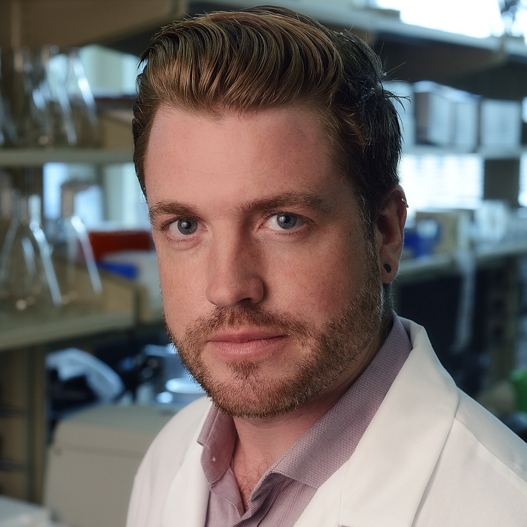
Jamie Smyth
Associate Professor, Biological Sciences / FBRI at VTC / VTCSOM
The heart sets the pace. If it's too quick or two slow, it's catastrophic for the rest of the body. Our lab is researching heart failure and the development of effective anti-arrhythmic treatments.
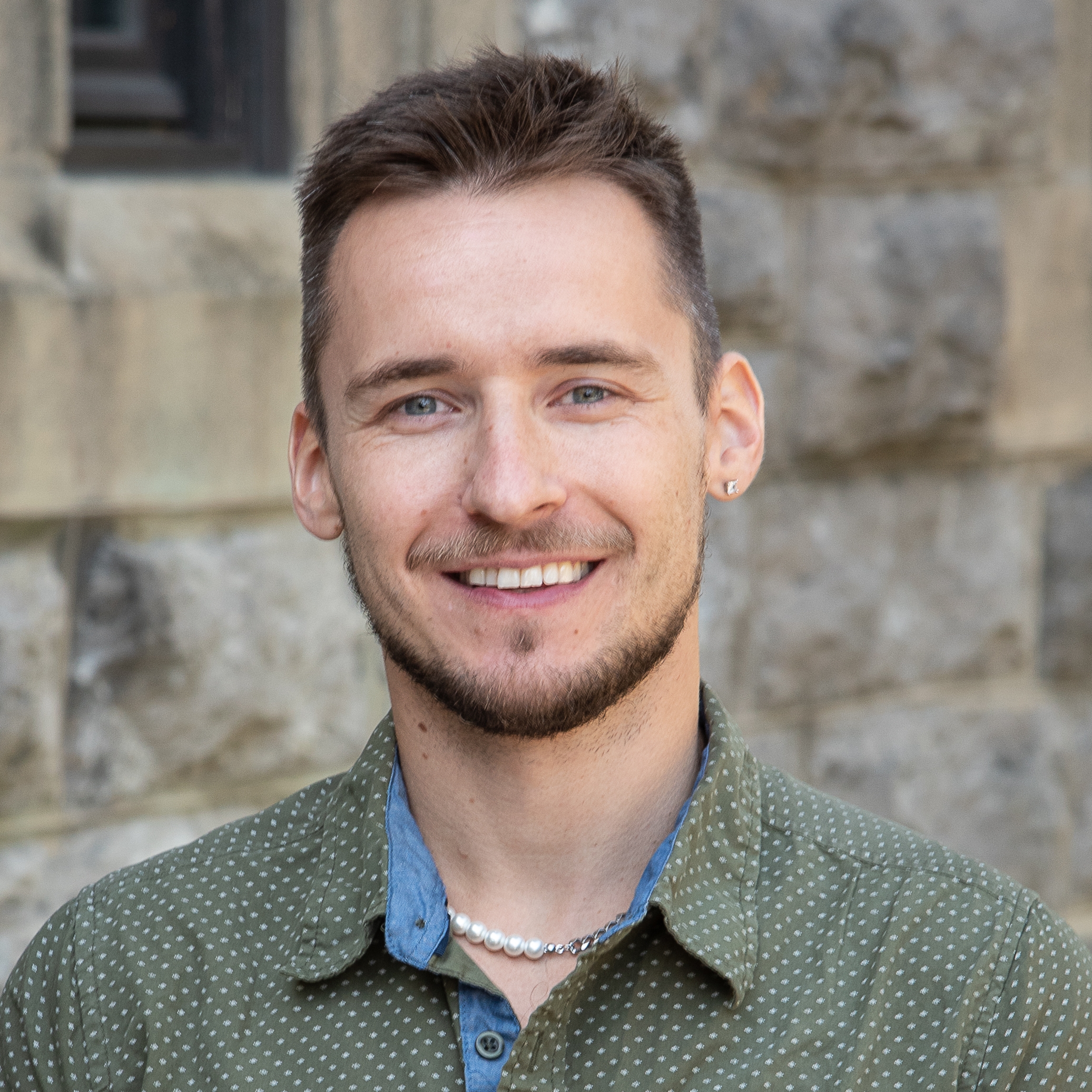
Anton Suvorov
Assistant Professor of Biological Sciences
We are a Computational Biology lab that focuses on methods’ development and inference in evolutionary biology and specifically in phylogenetics. We strive to understand how different organisms evolve over long time periods by making meaningful inferences about their evolutionary histories using state-of-the-art approaches of machine learning.
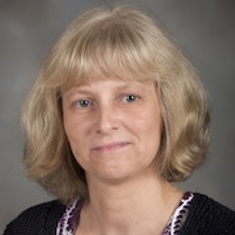
Dorothea Tholl
Professor, Graduate Director, and Associate Department Head, Biological Sciences
The Tholl Lab employs biochemical, molecular, and genomic tools to study the biosynthesis of plant chemical defenses, especially volatile compounds, and explores their physiology and ecological significance in above- and below-ground plant tissues. Current research includes: 1) Biochemistry and molecular biology of volatile compounds as messengers in above-ground plant-organism interactions; 2) Metabolic organization and function of chemical defenses in plant roots.
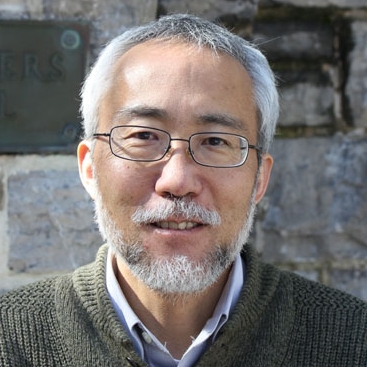
Jim Tokuhisa
Assistant Professor of Practice, Biological Sciences
Biochemical and molecular mechanisms of chemical defense fitness in higher plants
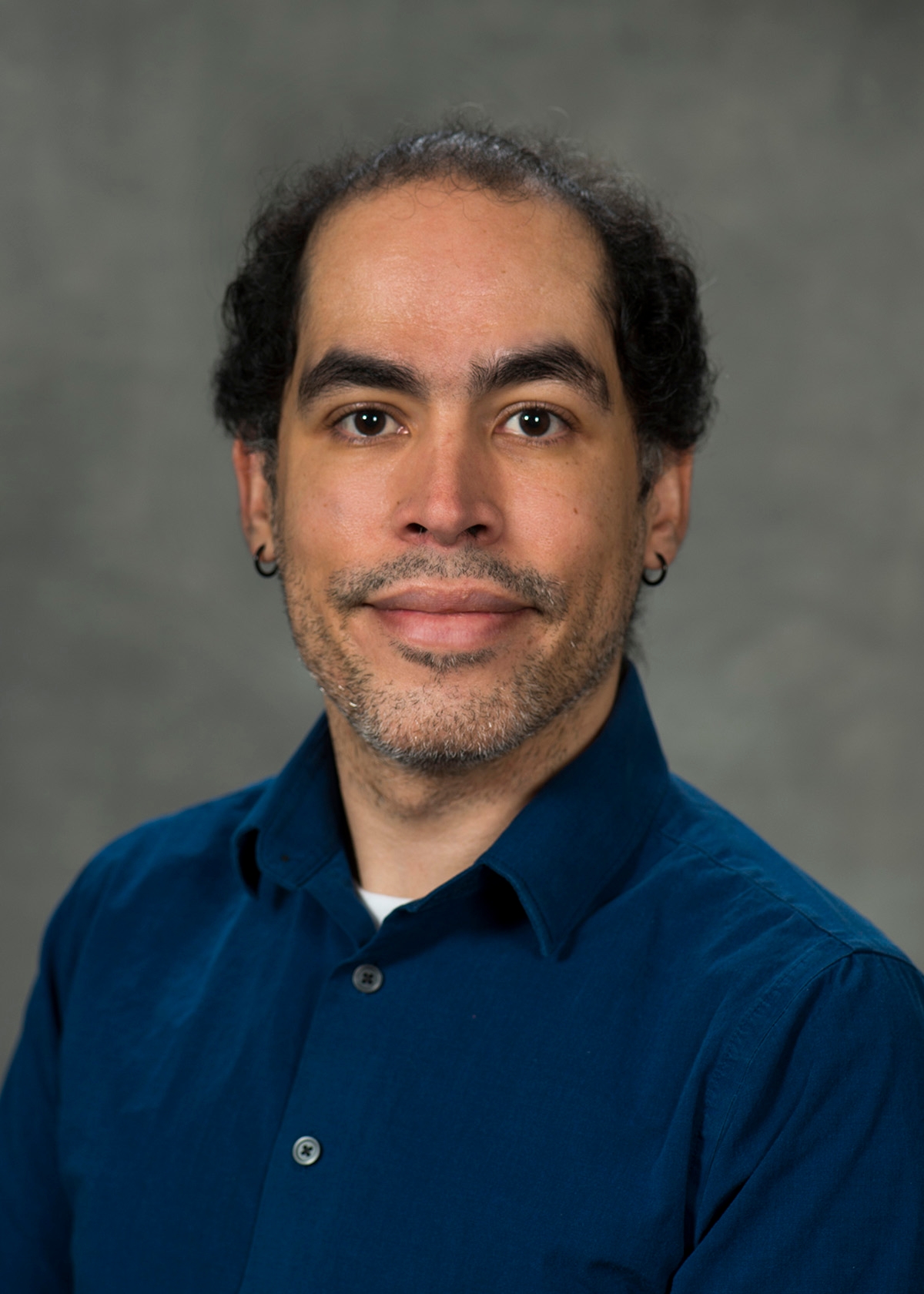
Jóse Vargas-Muñiz
Assistant Professor
Cytoskeleton, cell division, fungal cell biology, fungal pathogenesis, host-pathogen interaction, and antifungal resistance
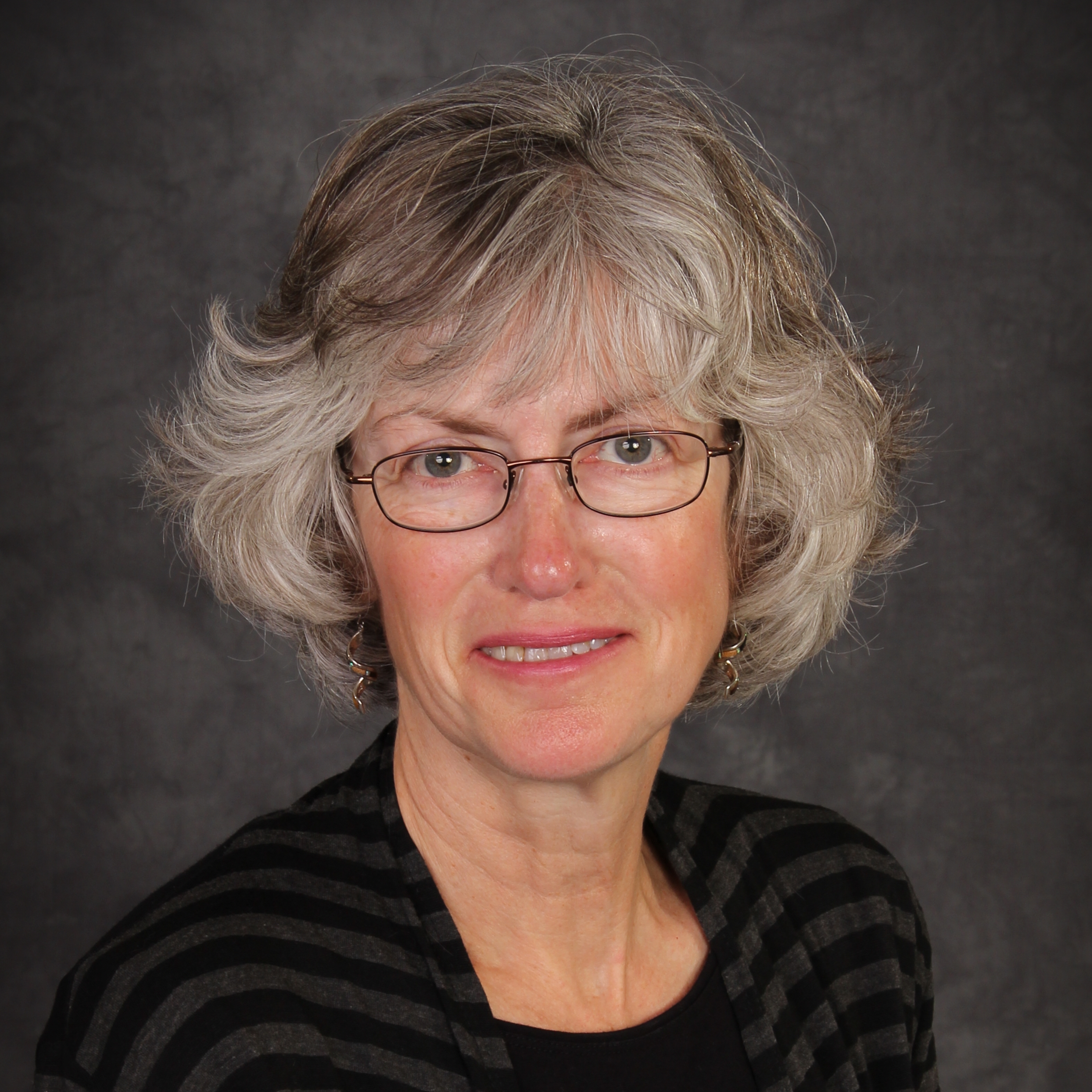
Brenda S.J. Winkel
Professor of Biological Sciences
Characterization of the architecture and localization of the Arabidopsis flavonoid enzyme complex using a variety of molecular, biochemical, and cell biological techniques



